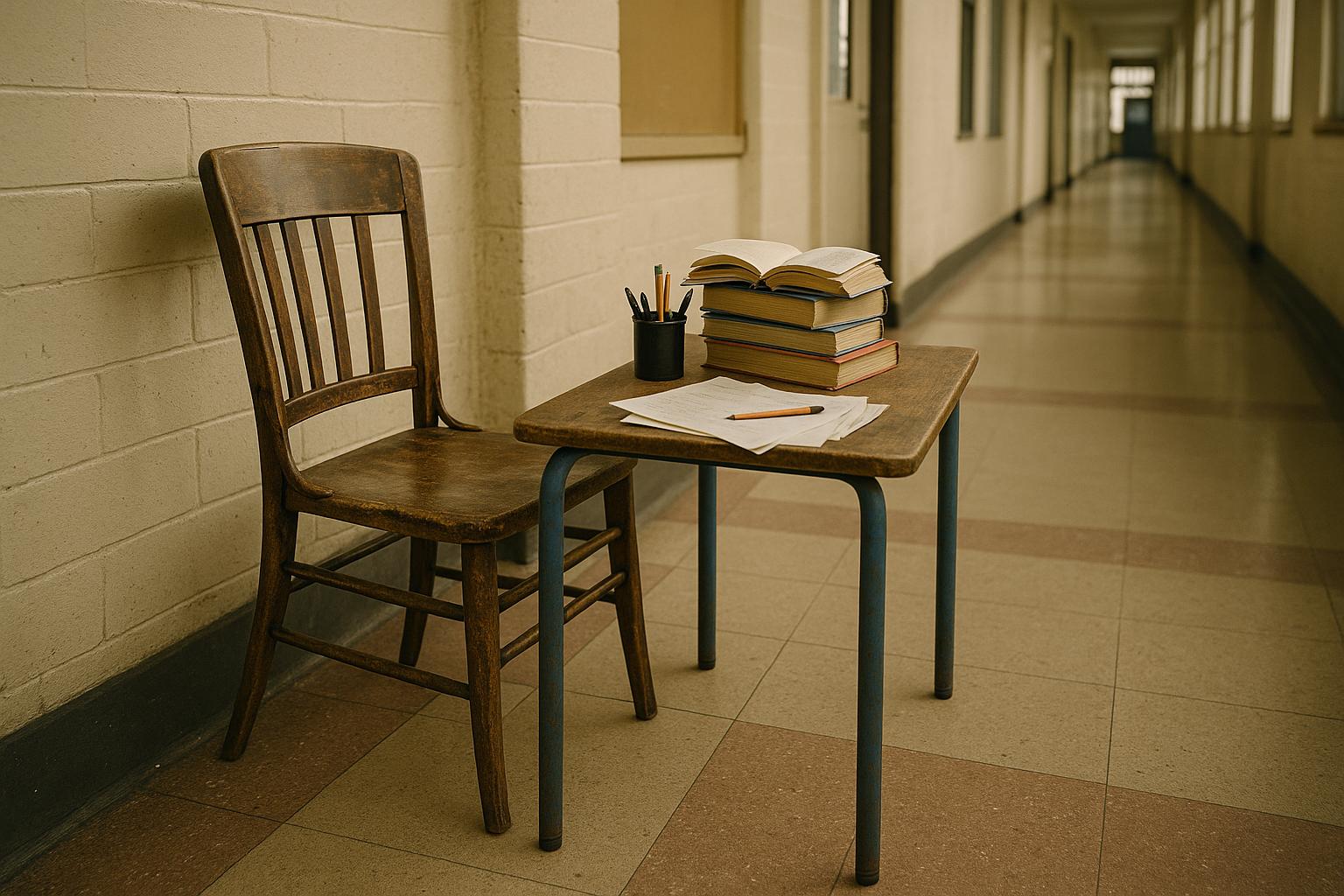Education Secretary Bridget Phillipson has set out a series of ambitious reforms aimed at improving educational outcomes and support for families in England. Central to her recent announcements is a commitment to raise literacy standards among young pupils and to identify learning gaps early. Phillipson has declared a new objective for 90% of Year 1 children to achieve the expected standard in phonics, an essential skill for early reading. Alongside this, the government plans to introduce a mandatory reading test for Year 8 pupils as part of the forthcoming Schools White Paper. The goal is to pinpoint literacy challenges earlier and to deploy targeted interventions for students who are falling behind.
However, these initiatives have elicited mixed responses from educational leaders. While some advocate for the potential benefits of early identification and support, others voice concerns about whether the necessary resources and clear plans are in place to meet such demanding targets. The focus on closing gaps is particularly significant for disadvantaged and working-class children, with Phillipson emphasising the need to pinpoint where additional support must be provided to ensure all pupils reach their full potential.
Beyond literacy, Phillipson’s agenda stretches across multiple facets of education and childcare. She has underscored the importance of improving school attendance and behaviour by establishing new support hubs. These hubs are designed to assist schools in tackling pupil absence and disruptive behaviour, fostering collaboration between parents, schools, and families to create an inclusive learning environment where children are ready to engage fully in their education. This holistic approach acknowledges that barriers to attendance and good behaviour can hinder educational progress and is part of a wider effort to break down obstacles to opportunity for every child.
Phillipson’s reform programme also includes significant measures to support families outside the classroom. The government is rolling out expanded free childcare provisions, targeting 15 hours per week of free childcare for eligible children aged nine months to two years. The Department for Education faces the considerable challenge of creating tens of thousands of additional childcare places by 2025 to meet this commitment. The scheme is expected to especially benefit working parents, particularly women, by providing greater freedom to balance career and family life. Phillipson has stressed that this will empower parents to make more informed decisions about work and family, potentially encouraging higher birth rates through enhanced support.
In a broader reform package, the recently approved Children’s Wellbeing and Schools Bill includes measures such as the introduction of free breakfast clubs, registering home-schooled children, and reforming academies. Passed with a substantial majority in the Commons, these provisions are intended to promote equal access and wellbeing across the education system, ensuring that no child misses out on opportunities due to background or circumstance.
Phillipson is also championing the use of technology to modernise education. Collaborations with major tech firms are underway to establish safety standards for AI tools in classrooms. These innovations seek to alleviate teacher workload and address ongoing workforce challenges, potentially transforming the learning environment through well-regulated digital supports.
Overall, the Education Secretary’s agenda represents a comprehensive effort to tackle persistent issues in education and childcare through early intervention, supportive reforms, and technological modernization. While the boldness of these goals is clear, their success will depend on effective implementation, adequate funding, and the buy-in of educators and families across England.
📌 Reference Map:
- Paragraph 1 – [2], [1]
- Paragraph 2 – [1], [2]
- Paragraph 3 – [4], [1]
- Paragraph 4 – [3], [7]
- Paragraph 5 – [5]
- Paragraph 6 – [6]
- Paragraph 7 – [1], [2], [3], [4], [5], [6], [7]
Source: Noah Wire Services
